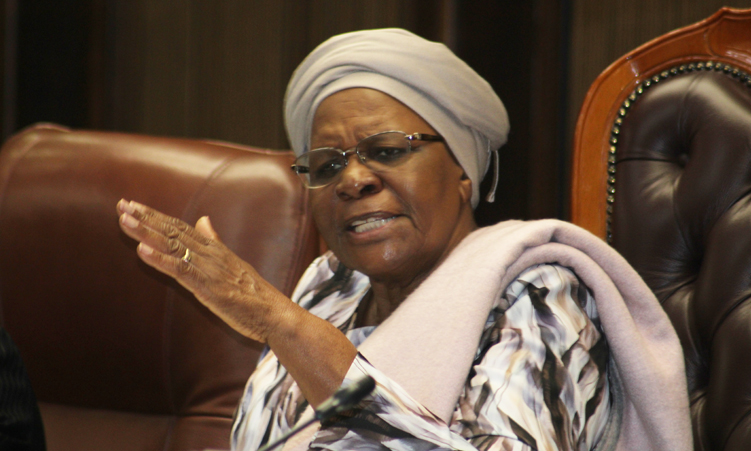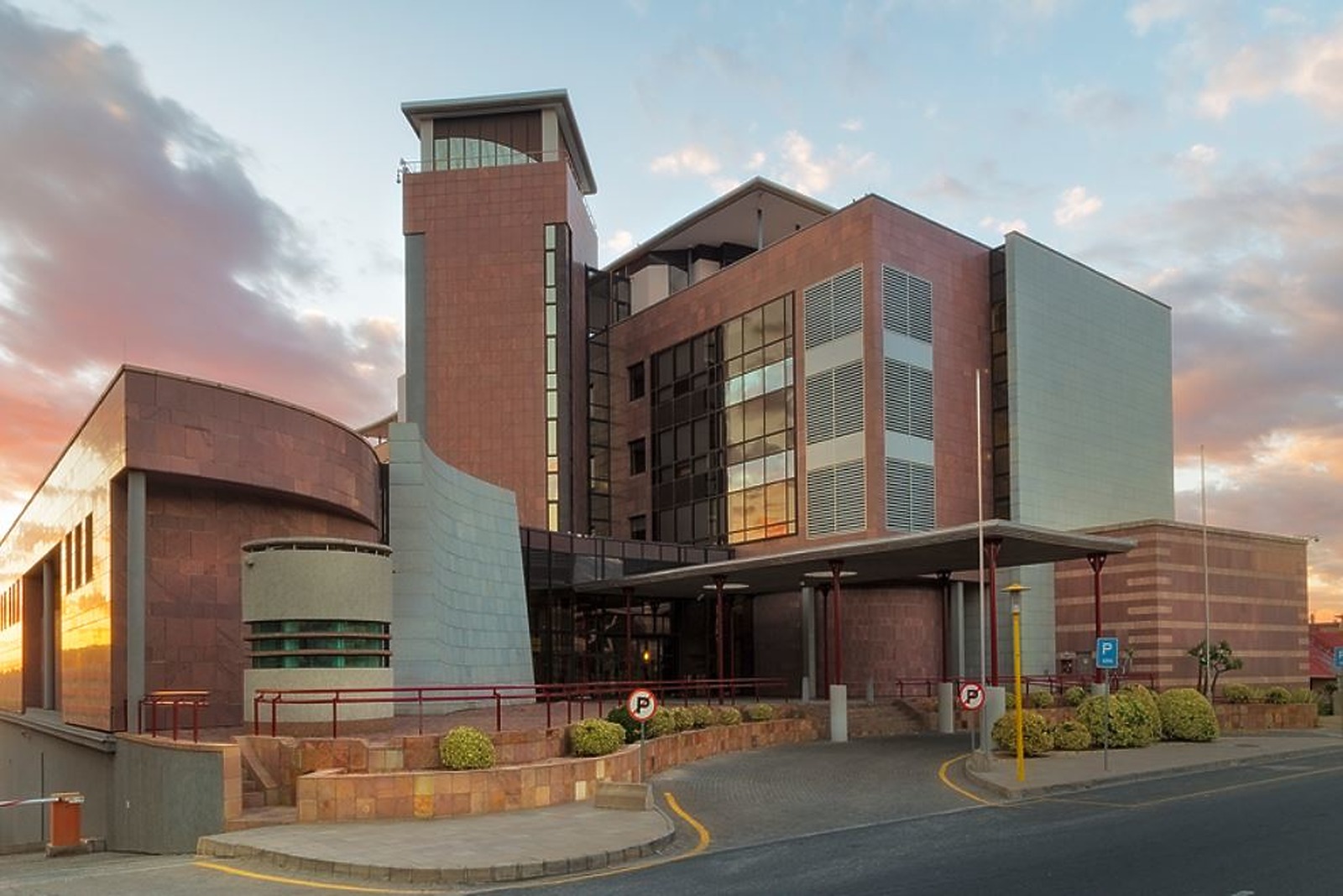TENSION between traditional hunter-gather communities from former Bushmanland and cattle farmers is expected to increase following the declaration of a large area of land as a conservancy.
The !Kung, a people constituting one of the San language groups, last month succeeded in having their land proclaimed a protected conservation area, which added muscle to their prospects of repelling powerful cattle farmers who occupy the land with their livestock. For more than a decade the farmers have driven their cattle into the sprawling and sparsely populated Tsumkwe constituency, intensifying the fight for survival affecting human and beast alike.More than 3 000 cattle threaten the livelihood of the San, who have for centuries depended on wild roots and fruit to augment their diet.Their nomadic lifestyle made it easy for the wild foods to recover, but the arrival of pastoralists has destroyed their prospects of revival.According to Axel Thoma of the Working Group for Indigenous Minorities (Wimsa), approval of the N#A Jaqna Conservancy by the Ministry of Environment and Tourism means that overgrazing will no longer be tolerated.”We will not be chasing out everybody but will be reducing livestock so that the land can recover.We don’t want to see any more overgrazing.We have to maintain natural resources,” said Thoma.Wimsa has been working closely with San communities to help them adapt to modernisation, the main threat to their survival.”The people do want development, but they want development which respects their culture,” he said.Conservancies have been set up to enable communities that want development to benefit from the long-term use of their land without destroying it in the process.Thoma, who attended the signing ceremony at Omatako in Tsumkwe west, said the !Kung community was excited “after having patiently waited for four years” for conservancy status.Some !Kung groups this year took cattle farmers to court over water rights.They have accused the farmers, who are Herero, Kavango and Owambo pastoralists, of valuing their animals’ lives above those of the San.They have accused farmers of shutting down diesel engines used for pumping water from boreholes, and restricting the availability of the most precious element in their survival.For more than a decade the farmers have driven their cattle into the sprawling and sparsely populated Tsumkwe constituency, intensifying the fight for survival affecting human and beast alike. More than 3 000 cattle threaten the livelihood of the San, who have for centuries depended on wild roots and fruit to augment their diet. Their nomadic lifestyle made it easy for the wild foods to recover, but the arrival of pastoralists has destroyed their prospects of revival. According to Axel Thoma of the Working Group for Indigenous Minorities (Wimsa), approval of the N#A Jaqna Conservancy by the Ministry of Environment and Tourism means that overgrazing will no longer be tolerated. “We will not be chasing out everybody but will be reducing livestock so that the land can recover. We don’t want to see any more overgrazing. We have to maintain natural resources,” said Thoma. Wimsa has been working closely with San communities to help them adapt to modernisation, the main threat to their survival. “The people do want development, but they want development which respects their culture,” he said. Conservancies have been set up to enable communities that want development to benefit from the long-term use of their land without destroying it in the process. Thoma, who attended the signing ceremony at Omatako in Tsumkwe west, said the !Kung community was excited “after having patiently waited for four years” for conservancy status. Some !Kung groups this year took cattle farmers to court over water rights. They have accused the farmers, who are Herero, Kavango and Owambo pastoralists, of valuing their animals’ lives above those of the San. They have accused farmers of shutting down diesel engines used for pumping water from boreholes, and restricting the availability of the most precious element in their survival.
Stay informed with The Namibian – your source for credible journalism. Get in-depth reporting and opinions for
only N$85 a month. Invest in journalism, invest in democracy –
Subscribe Now!










